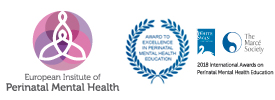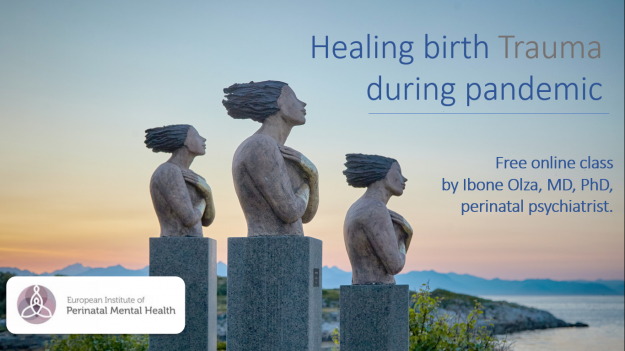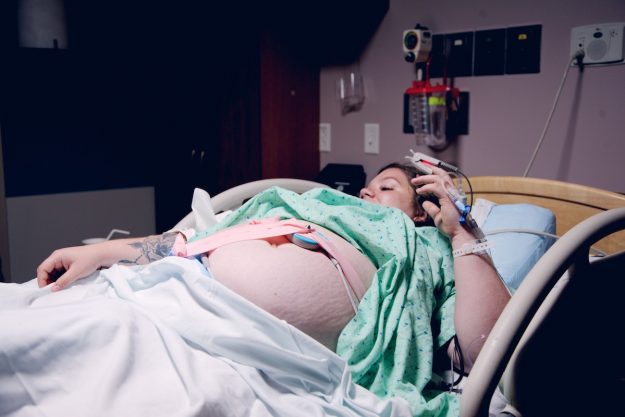Healing Birth Trauma During Pandemic – free Webinar
“We decided that the most sensible thing was that my husband stay with our older girl while I went in to birth alone – it was a painful decisión. Our girl was asleep in the car and my husband did not want me to go in alone and carrying my bag. I told him we…











